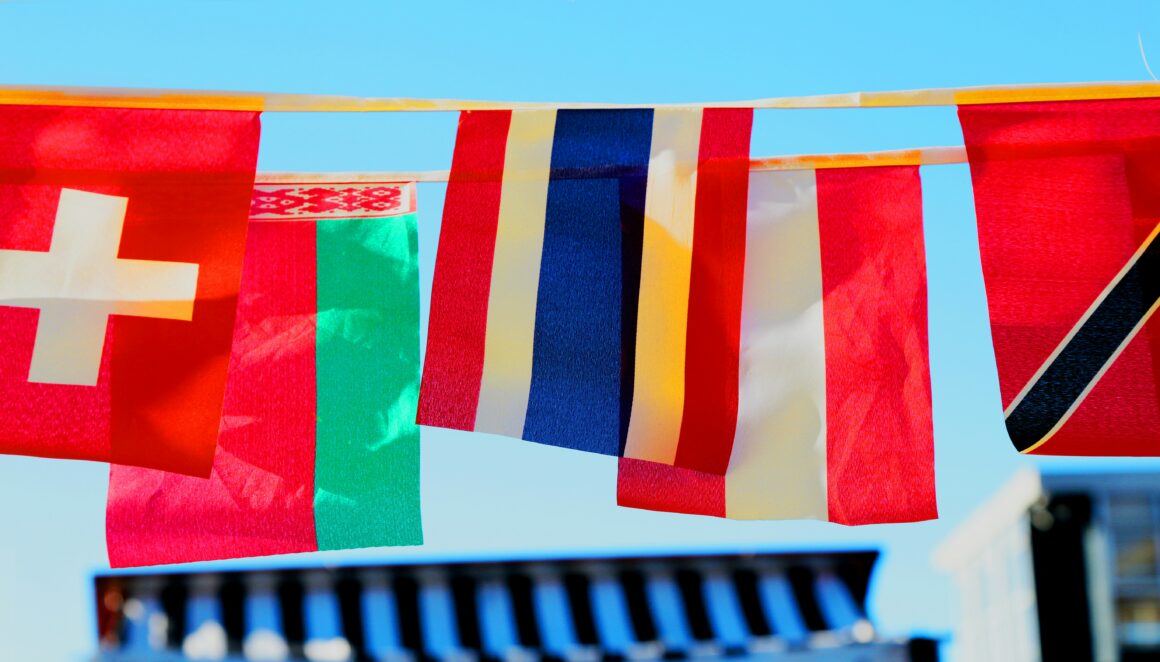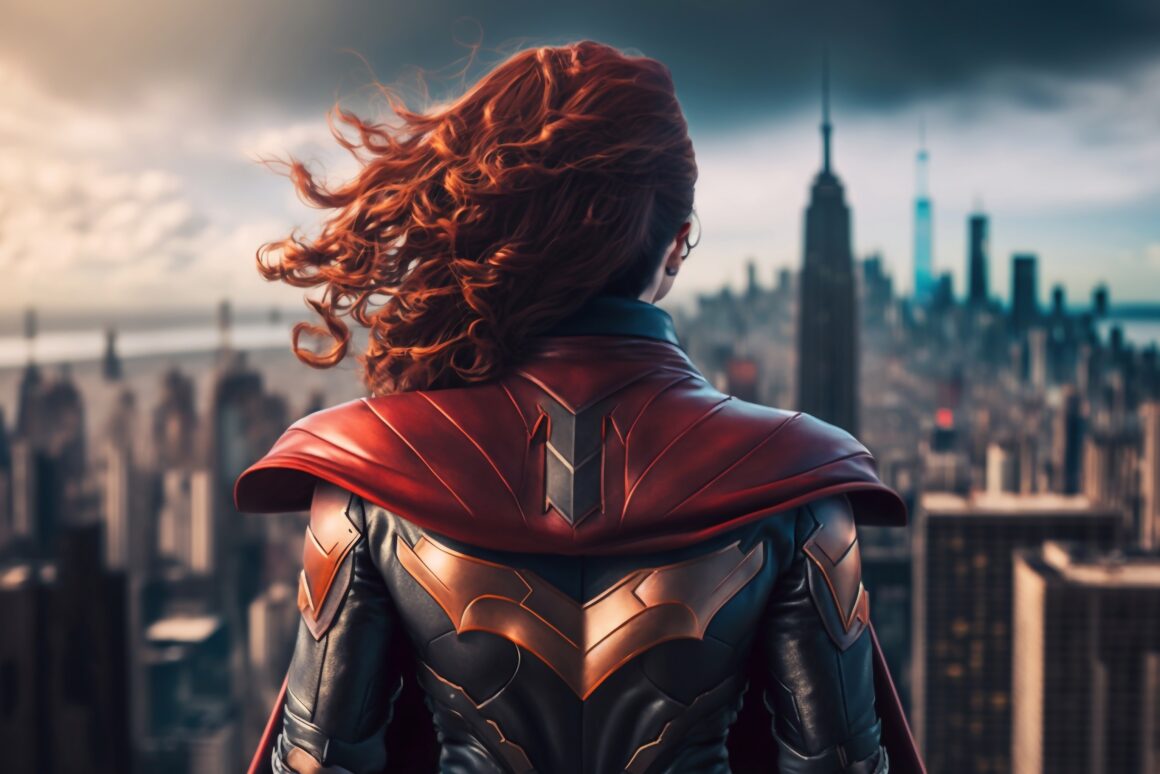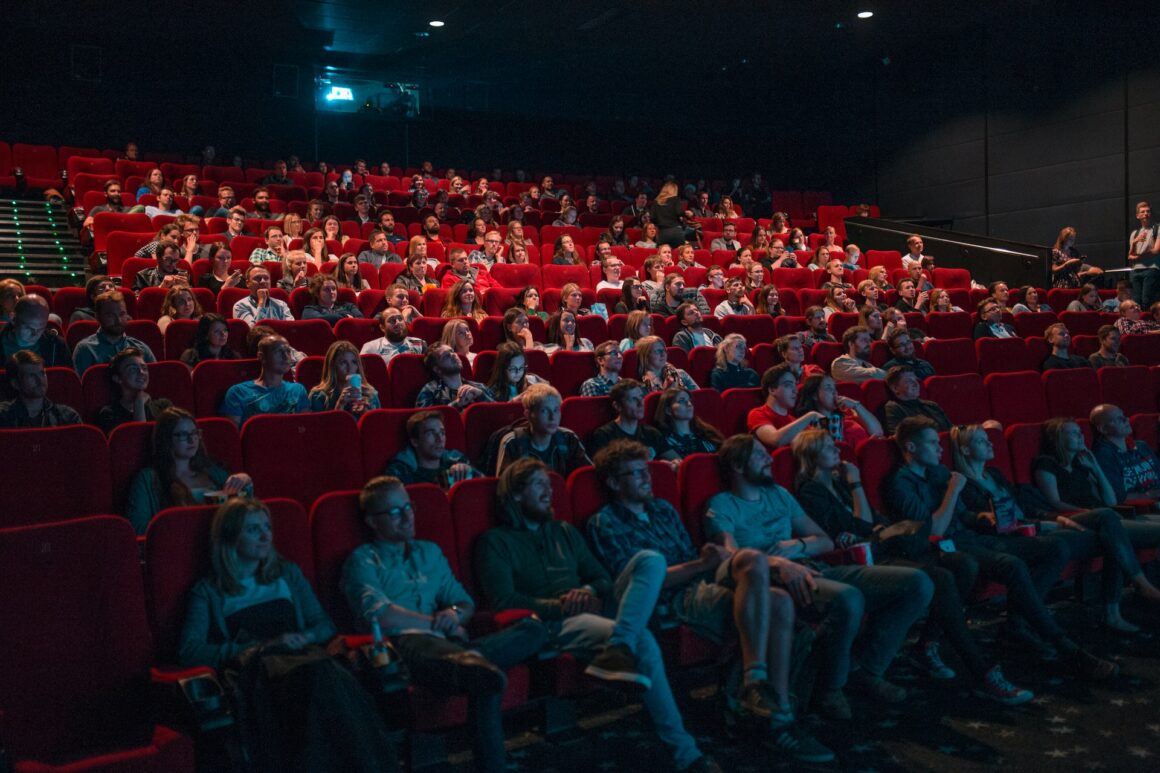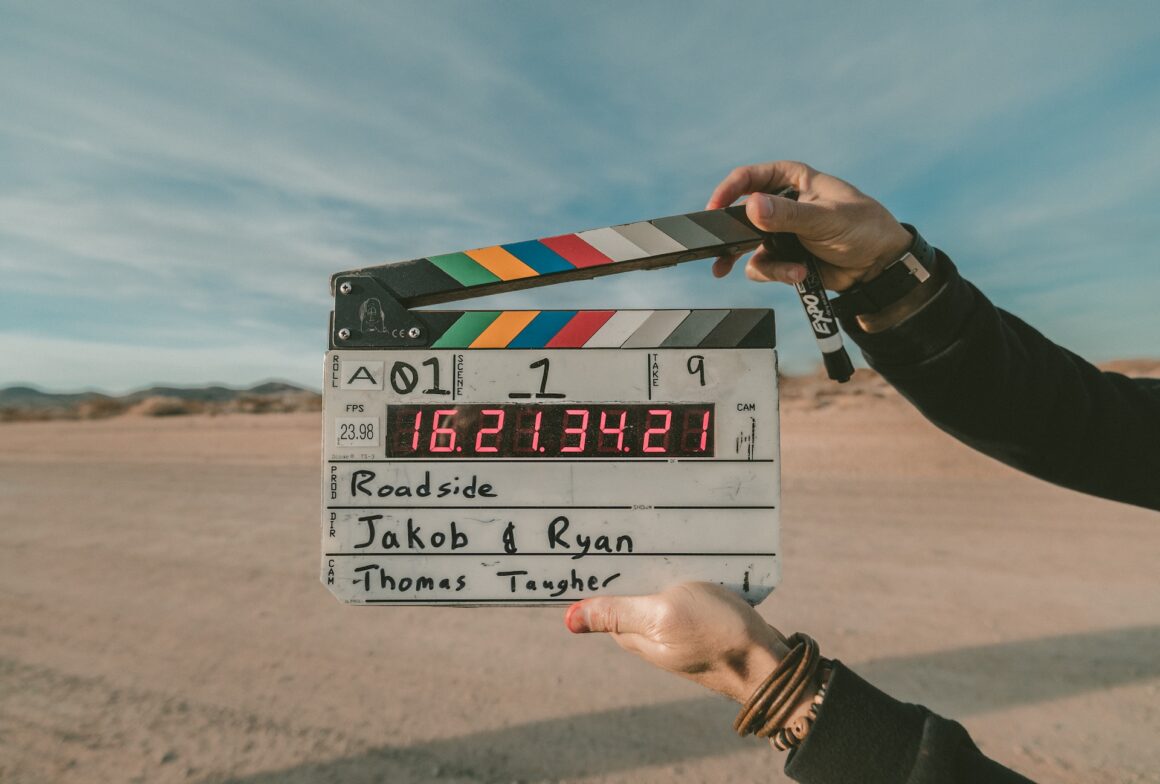I recently got the opportunity to interview Pages Matam, a National poetry slam champion, educator, activist and one of my role models. We discussed his background, his interest leading up to poetry and how he practices activism in his life.
Tell us a little background about yourself.
Oh yeah. Word. My name is Pages Matam. I was born in Cameroon, Central Africa. I was raised in between there (Central Africa) and Europe. When I was 11-12 years old I moved to Washington D.C. and I’ve been there since I moved back to the States. I reside in D.C. currently. My day job quote-on-quote is being the Director of Poetry at the American Poetry Museum that has 6 [physical exhibition] locations along the D.C. Virginia-Maryland Tri-State Area. Yeah, If I’m not doing that then I’m the Event Coordinate Programming Manager and Creative Writing and Performance Specialist. I do my own shows around the country and the rest of the world and I teach creative performing/writing workshops and I’m a social activist there. I do conferences and I help/teach staff how to reach young people about their creative arts. I do a lot of work around trauma, using creative arts and creative writings like poetry and art therapy for victims of sexual assault. Yeah, that’s me in a nutshell.
If I’m not organizing, I’m performing, if I’m not performing I’m teaching, if I’m not teaching hopefully I’m doing something.
You were abandoned by your father from a young age and in “A Cancerous Growth” you stated that you desired to “be a cigarette because that was the only thing your father hadn’t abandoned.” How much of your career has stemmed out of neglect from your father or in general the atmosphere of neglect?
Not a whole lot, to be honest. Much of my career I focused on the positives and the people in my life to help me become the person I am now. I think it’s much more important, to me at least, that I focused on the good things in life my life and the people that have helped me reach all the best platforms that I could possibly reach… I do not like to dwell on the things I cannot change. People only have the ability to be better. I can’t sit on that forever or hope for people to change. So yeah, not a whole lot of my career. I’m more focused on positive developing relationships.
I know being a father is one of your most favorite titles/accomplishments out of the many you have. What do you hope to bestow upon your son as he grows older?
I would want my son to be the best person he could possibly be. That’s all I could possibly hope for. I want him to feel loved and unapologetically be himself at all times. I want him to know that I’ll always be there for him.
What inspired you to pursue a profession in poetry, specifically?
Well, I got a degree in poetry in college and that’s where I wrote my first poem. There was a character that I was reading that got a poem written after them by a stranger and they started falling in love with that stranger and if you can write stuff and girls can fall in love with you, that’s great. That’s what I needed to do with my life. So then I wrote a poem about this girl I had a crush on and I looked to my future and I had people encouraging me to keep writing and growing up in high school, I was in this poetry club and my mentor really connected me to black writers and other dope writers at poetry slams. After I aged out of junior poetry slams I started participating in international slams and adult competitions and things started falling into place more and more. I realized that I had a gift and passion for it and wanted to follow it as a career and voila. Here I am now.
I personally find it hard to convey my exact thoughts into words but you do it so eloquently. Could you explain to me your process on this?
Yeah, I think it is about being honest and true to yourself and the work that you’re creating. When you’re honest and true to the work that you’re creating and to yourself, everything else kind of falls into place. And I think that is what’s most important. I think people focus too much on the technical aspects of writing and the stylistic details and choice and a lot of jazz but all of those things come through when you’re learning the craft. But to start with any of that, you need to start in a true place in your heart and your soul. And hey, if that ends up touching some people along the way, that’s dope. And if it doesn’t, still dope. Because you did what was necessary for YOUR project and YOUR purpose and that’s what always matters.
How do you find inspiration for your pieces of work?
Inspiration comes anywhere that wants to meet you halfway. From the people in my life, from experience, on the news, from a certain moment that I want to expand on and find the truth in.
Who would you say your role models are?
Oh man, role models? I really don’t know. James Baldwin because of his work and how he presents his work and the impact that he has. I would also say Ngugi Wa Thiong’o. He is an African writer. And yeah, I just get inspired by the people that I work with and other contemporaries that produce great things all the time.
How do you feel about the recent election of Trump in office and how much of that has impacted you?
He is… #NotMyPresident. *laughs* Yeah, just the person he is and who I am as a black person and the clash in personalities that I have and others. The personality he does have I find absolutely atrocious and how he treats people the way he does treat them, you know. So it is important for society to fight back and push back him as President and my way of fighting back is through my art and staying informed.
How do you practice activism in your life in regards to this and in general?
I practice a lot of activism through my everyday actions and the visions that I paint and make. I stay well aware and constantly pushing back and unlearning all the things I learned from the patriarchy and the sexism of this age. All of it is part of this system that I have been a part of and have been conflicted in on a conscious and unconscious level and it is a constant battling of that. Also, my picking of fate as a man and an understanding of my male privilege like understanding what that means. And also, going to work in the streets. The work expands beyond the art. You can say all these wonderful things on stage but if you’re not willing to work off stage, then it doesn’t mean anything. If you’re not doing it within your own life and with others around you. Like you could be a respectable dude but if you’re not willing to check your male friends or your brothers that may be doing things in an unrespectable or misogynist manner or you are just laying back and not saying anything even though you know it’s wrong. You just need to learn to identify and then speak up about it.
How has touring the country been for you?
Great. Fantastic. Tiring. Lonely some time but other then that great.
What advice do you give kids who want to turn their lives around?
I think it’s a matter of focus and to work hard and to work smart. Stay true and honest to yourself. You don’t have to be a follower. Don’t be afraid to speak up in life or be yourself. At the end of the day, you only have you. Yeah, you may have followers or supporters but at the end of the day, you only have you. If you don’t take care of you, then that’s not helping anyone.
What advice would you give kids who want to pursue the art of slam poetry?
Learn your craft. Read every day. Read as much as possible. Read poets. Read other poetry. You can’t get better before reading and learn the craft. You also have to be very about it. It’ll show in your work and your performances.
To learn more about Pages Matam, visit his website or follow him on Facebook, Instagram and Twitter.




